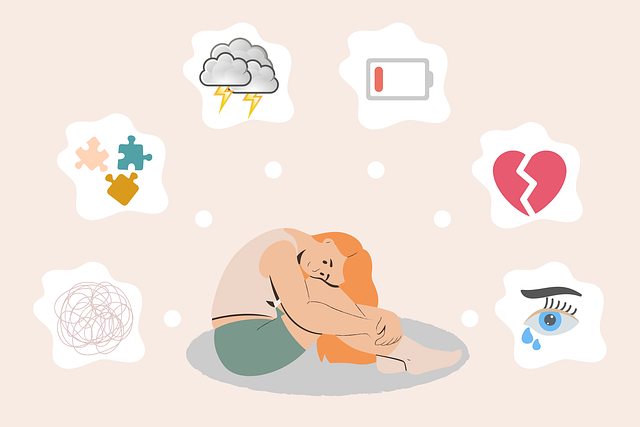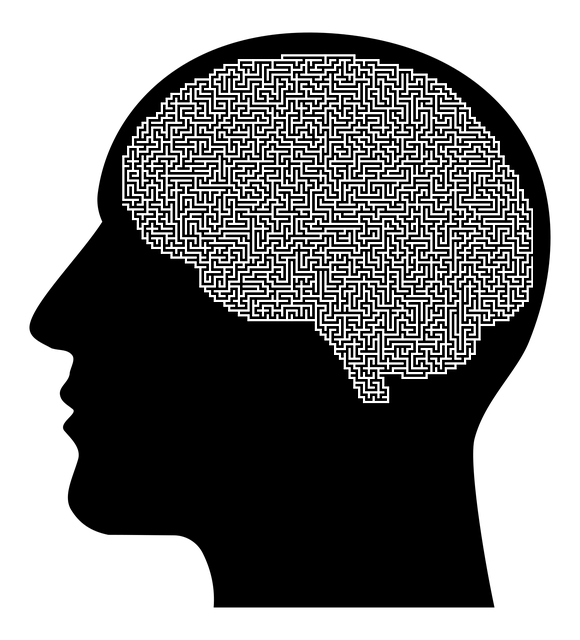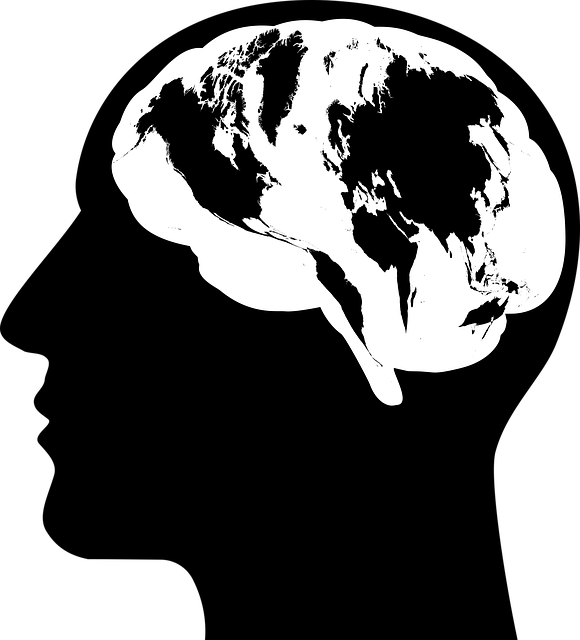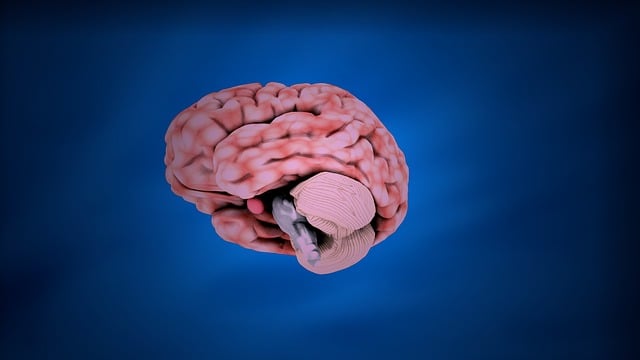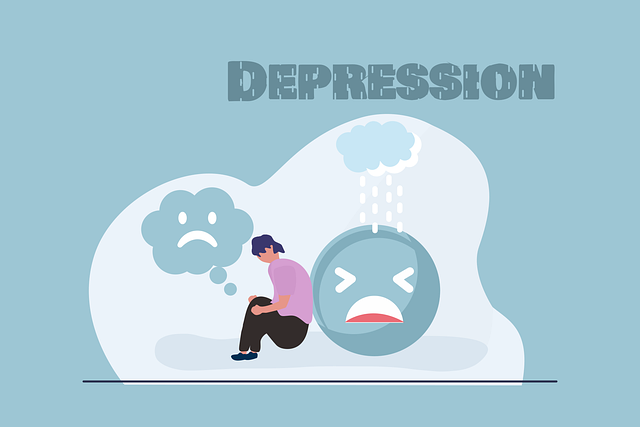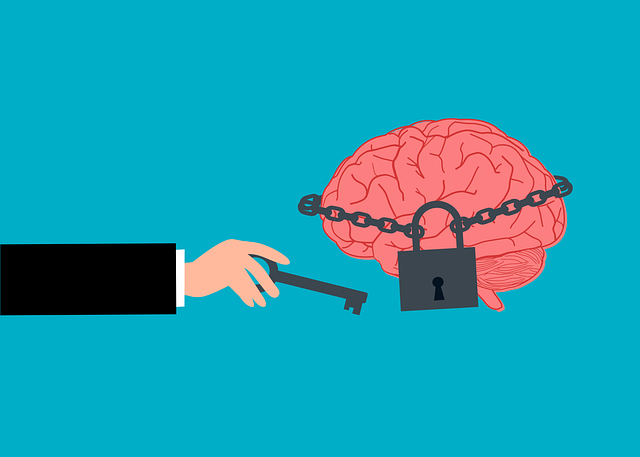Northglenn Domestic Violence Therapy prioritizes cultural sensitivity in mental healthcare, addressing diverse client backgrounds and needs. They offer tailored programs like Mental Wellness Coaching, ensuring personalized care that prevents stereotypes and enhances accessibility. By integrating emotional intelligence, specialized training, and thorough client assessments, therapists create safe spaces fostering trust and effective treatment outcomes. This culturally competent approach promotes emotional well-being through self-care practices adapted to diverse cultural backgrounds.
In today’s diverse society, cultural sensitivity is paramount in mental healthcare. The article explores how understanding cultural diversity impacts treatment outcomes, drawing insights from the perspective of Northglenn Domestic Violence Therapy. We delve into strategies for culturally competent practice, emphasizing building trust and overcoming barriers in diverse communities. By integrating these approaches, mental health professionals can provide more effective care, fostering healing and resilience across cultural backgrounds.
- Understanding Cultural Diversity in Mental Healthcare
- The Impact of Cultural Sensitivity on Treatment Outcomes
- Strategies for Culturally Competent Practice: A Northglenn Domestic Violence Therapy Perspective
- Building Trust and Overcoming Barriers in Diverse Communities
Understanding Cultural Diversity in Mental Healthcare

In today’s diverse society, mental healthcare professionals must embrace cultural sensitivity to offer effective treatment. Cultural diversity in mental health refers to the variety of racial, ethnic, religious, and socioeconomic backgrounds that individuals seek support for their emotional well-being. This is a crucial aspect often overlooked in traditional therapy settings. Northglenn Domestic Violence Therapy, for instance, highlights the importance of understanding cultural nuances when addressing domestic violence issues within diverse communities. By incorporating Mental Wellness Coaching Programs Development and Mental Health Education Programs Design tailored to specific cultural needs, therapists can foster trust and create safe spaces for clients.
Cultural sensitivity involves recognizing and appreciating these differences, adapting therapeutic approaches, and providing services that respect individuals’ unique backgrounds. It promotes the idea that emotional experiences and expressions are not universal but shaped by cultural contexts. This awareness is essential in preventing stereotypes and misjudgments, ensuring that every client receives personalized care. Additionally, Emotional Well-being Promotion Techniques can be adapted to incorporate culturally relevant practices, making mental health support more accessible and impactful for diverse populations.
The Impact of Cultural Sensitivity on Treatment Outcomes

Cultural sensitivity plays a pivotal role in shaping the effectiveness of mental healthcare services, particularly in diverse communities like Northglenn. When therapists and counselors incorporate cultural awareness into their practice, they create an environment that fosters trust and understanding among clients from various ethnic, racial, and social backgrounds. This approach is especially crucial when addressing sensitive issues such as domestic violence, where cultural norms and beliefs can significantly impact a victim’s willingness to seek help.
By integrating cultural sensitivity, mental health professionals can tailor their treatment methods to align with the client’s values and experiences. For instance, in communities where collective family roles are highly valued, therapists might incorporate family-centered therapy models. This consideration of cultural context promotes better engagement, adherence to treatment plans, and ultimately, more positive treatment outcomes. Moreover, it encourages clients to develop self-care routines (Self-Care Routine Development for Better Mental Health) that respect their cultural traditions while teaching emotional regulation skills (Emotional Regulation). Such a nuanced approach has the potential to revolutionize mental healthcare, as evidenced by successful Mental Health Policy Analysis and Advocacy initiatives worldwide, highlighting the long-term benefits of culturally sensitive practices.
Strategies for Culturally Competent Practice: A Northglenn Domestic Violence Therapy Perspective

Northglenn Domestic Violence Therapy offers a unique perspective on culturally competent practice within mental healthcare. Given the diverse nature of clients seeking support, therapists must be adept at navigating complex cultural nuances to foster safe and effective treatment environments. Strategies for achieving this include thorough client assessments that explore cultural backgrounds, beliefs, and practices.
By integrating emotional intelligence into therapy sessions, providers can create a space where individuals feel understood and respected. This involves actively listening, validating experiences, and demonstrating empathy across different cultural frameworks. Furthermore, Healthcare Provider Cultural Competency Training plays a pivotal role in equipping therapists with the knowledge and skills to address cultural barriers, challenge biases, and tailor interventions to meet the unique needs of each client, ensuring optimal outcomes in mental healthcare services.
Building Trust and Overcoming Barriers in Diverse Communities

Building trust is a cornerstone when providing mental healthcare services to diverse communities, especially in areas like Northglenn Domestic Violence Therapy where cultural sensitivities play a pivotal role. Understanding and respecting the unique beliefs, values, and customs of each community member are essential steps in fostering an environment where individuals feel safe to open up about their emotional struggles. Cultural sensitivity training equips therapists with the knowledge to navigate complex issues, ensuring that care is tailored to meet individual needs without imposing external biases.
Overcoming barriers often involves employing Emotional Well-being Promotion Techniques and Self-Care Practices that resonate with diverse cultural backgrounds. These may include incorporating traditional healing methods, adapting communication styles, or providing resources in multiple languages. By embracing such approaches, mental health professionals can not only build trust but also enhance the effectiveness of treatment. Encouraging clients to practice Emotional Regulation becomes a collaborative effort, where therapists support individuals in developing coping mechanisms that are culturally affirming and aligned with their personal journeys towards healing.
Cultural sensitivity is a cornerstone of effective mental healthcare, as evidenced by the strategies employed by Northglenn Domestic Violence Therapy. By understanding cultural diversity and its impact on treatment outcomes, practitioners can build trust and overcome barriers in diverse communities. Incorporating culturally competent practices ensures that all individuals receive care tailored to their unique backgrounds, fostering better engagement and positive therapeutic results. This approach is vital for providing inclusive support and transforming mental healthcare into a welcoming, accessible resource for everyone.



